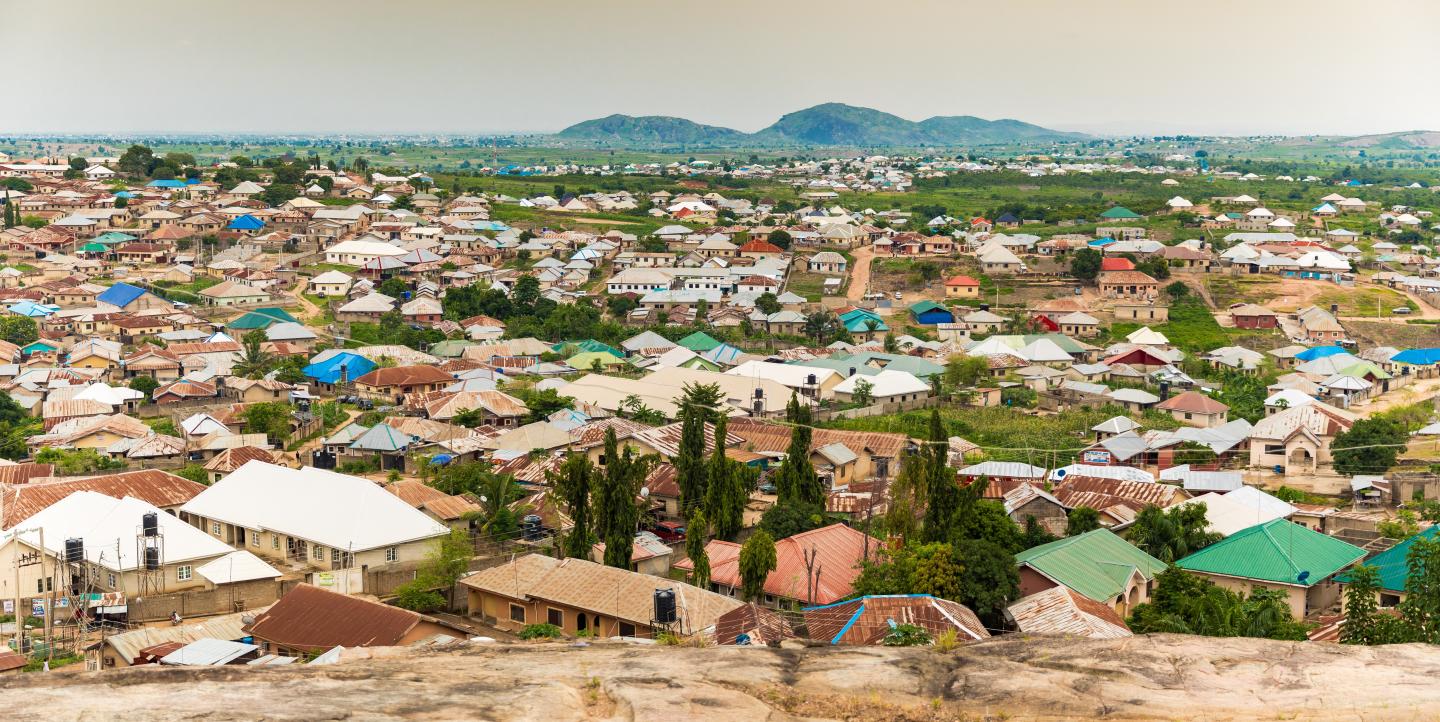In April, Reporters Without Borders released their 2019 World Press Freedom index, this year dropping Nigeria’s ranking to 120th in the world. In their analysis, the press freedom advoacy organization noted that Nigeria has more than 100 independent newspapers, and yet issues arise when journalists report on “politics, terrorism or financial embezzlement by the powerful.”
“Journalists are often threatened, subjected to physical violence or denied access to information by government officials, police and sometimes the public itself,” according to the report.
To strengthen press freedom for journalists in the country, an NGO founded in 2014 to promote an independent media landscape that advances fundamental human rights, good governance and accountability in West Africa, the Premium Times Centre for Investigative Journalism (PTCIJ), is partnering with the Media Legal Defense Initiative (MLDI), an organization that defends and provides legal support for journalists by responding to the “barrage of lawsuits many independent media are faced with.”
The Media Legal Defense Initiative, which has helped hundreds of journalists, bloggers and media outlets around the world report freely, is providing financial support to help PTCIJ expand the reach of its press freedom advocacy. Specifically, this support is intended to go toward legal aid for journalists or media organizations that have new or pending legal cases focused on, or related to, press freedom. The fund also allows for legal advice to journalists who find themselves in situations where their constitutionally-guaranteed rights are being infringed upon or violated.
“The expected outcome is for more journalists and media organizations to pursue the legal option in demanding their rights to work as journalists, as well as an attempt to set legal precedents that will impact legal cases on press freedom in the future,” said Stephanie Adams, a media freedom program officer and the head of the collaboration at PTCIJ.
With this support, PTCIJ has launched the Press Attack Tracker (PAT), a chatbot. The chatbot is located on the PAT platform and collects journalists’ complaints and requests for legal advice, which an administrative secretariat follows up on for immediate action.
“As is typical with all PTCIJ projects, there is always an intersection between our activities, and interventions and tech,” Adams explained. “These complaints go through a process where it is determined if free legal advice will suffice for the complainant, or if there is a legal case that the project can either support or pursue on behalf of the complainant.”
Press Attack Tracker’s screening process includes a bot — in this case a chatbox — programmed to document and respond immediately to complaints.
“Beyond the obvious connection to legal help where needed, the bot also lets us safely gather data on the frequency and types of rights infringements that journalists encounter, and this enhances data-driven advocacy,” said Adams.
To achieve the collaboration’s aim, PTCIJ will also establish a coalition of lawyers who have experience in rights issues. These lawyers will offer legal advice on press freedom issues, and take on or support legal cases when needed.
Adams said the decision to expand the PTCIJ’s Press Freedom Project to include legal aid was driven by the belief that effective advocacy for press freedom must include demanding that the justice system enforce these rights.
“Legal options must be exercised in demanding for a freer press, and a lot of journalists and media organizations cannot afford to pursue this option because of the cost of litigation,” she said. “The support from MLDI allows us to include this long-needed intervention in our programming.”
PTCIJ has also teamed up with the Coalition for Whistleblower Protection and Press Freedom (CWPPF), a network of 11 civil society organizations and newsrooms coordinated by the PTCIJ and dedicated to advocacy and press freedom. The coalition has designed the methodology for the intervention and will publicize the chatbot feature on the Press Attack Tracker for widespread use.
This collaboration, Adams said, is to allow for “widespread engagement with the intervention across media organizations in the country, and jointly, the coalition can provide awareness about the project and advocate for interactions with the bot feature on the Press Attack Tracker.”
Adams added that the Coalition is an example of how collaborations between media organizations and other stakeholders in the media can work together to support journalism and advocate effectively for greater press freedom.
“We will be using the same model to set up the lawyer’s coalition and we’re looking forward to a positive and fruitful outcome at the end of the initial grant period,” she said. “The lessons we have learned working with the CWPPF continue to be useful in setting up this new coalition, and the lessons we will learn after the first few months will help us improve the process for better results and greater impact in the advancement of press freedom in Nigeria.”
Though the PTCIJ’s collaboration with the Media Legal Defense Initiative is in its infancy, it holds promise for journalists working in Nigeria’s media landscape.
“The MLDI’s support is timely and is allowing us to do work that is consequential to press freedom advocacy,” Adams said. “The two organizations have similar goals, especially in the fight for a freer press, and these goals are the bedrock of our partnership, and will continue to be going forward.”
This article was updated on Oct. 28, 2019.
Main image of Abuja, Nigeria, CC-licensed by Unsplash via Ovinuchi Ejiohuo.


